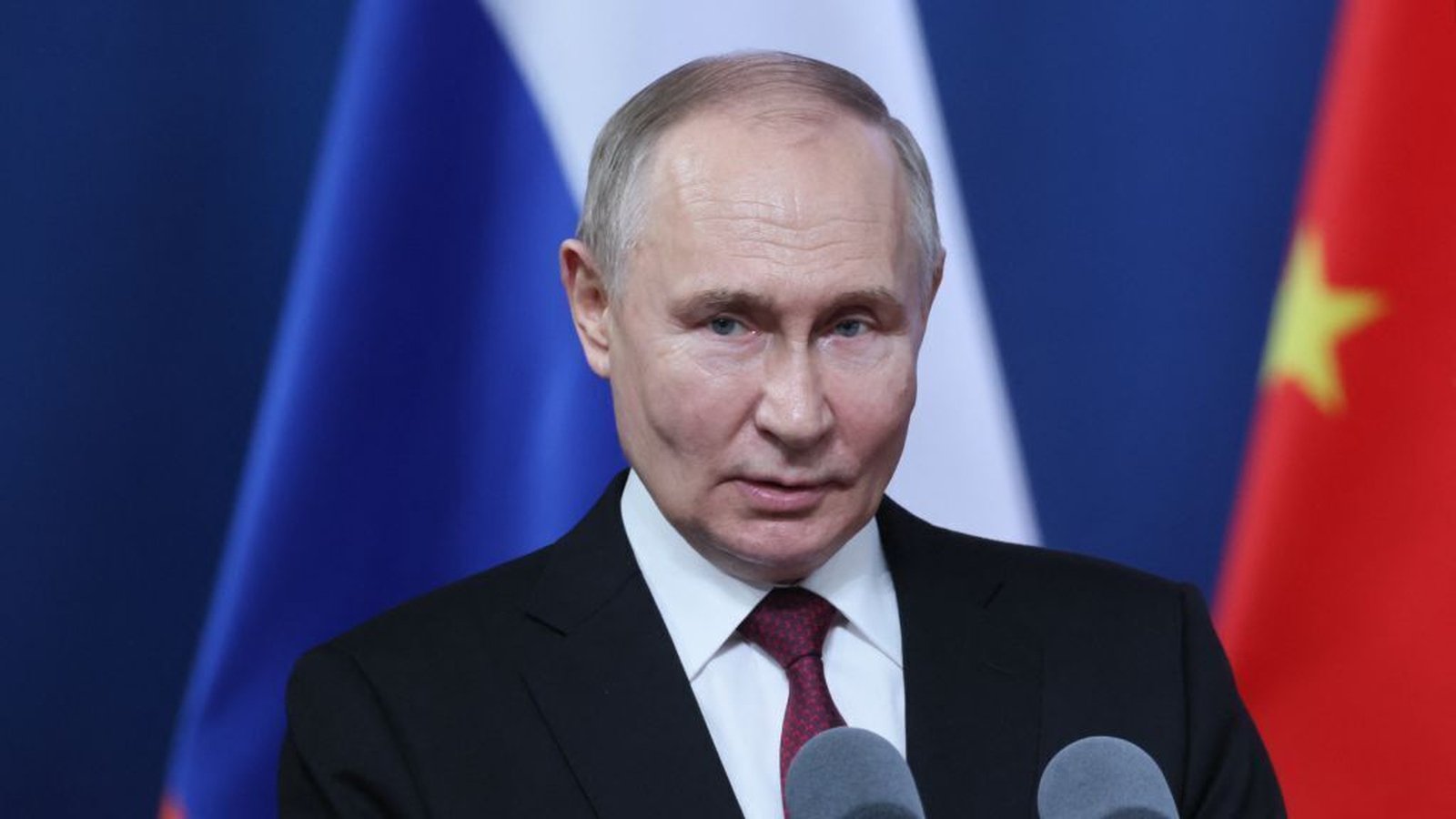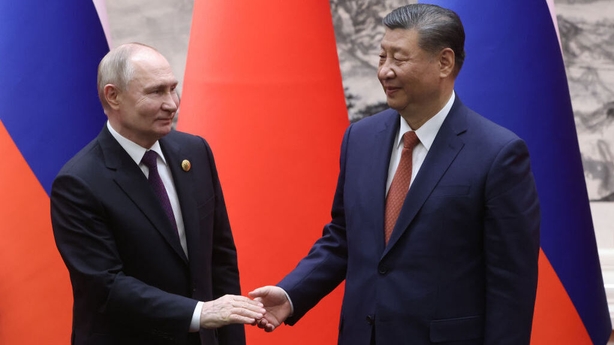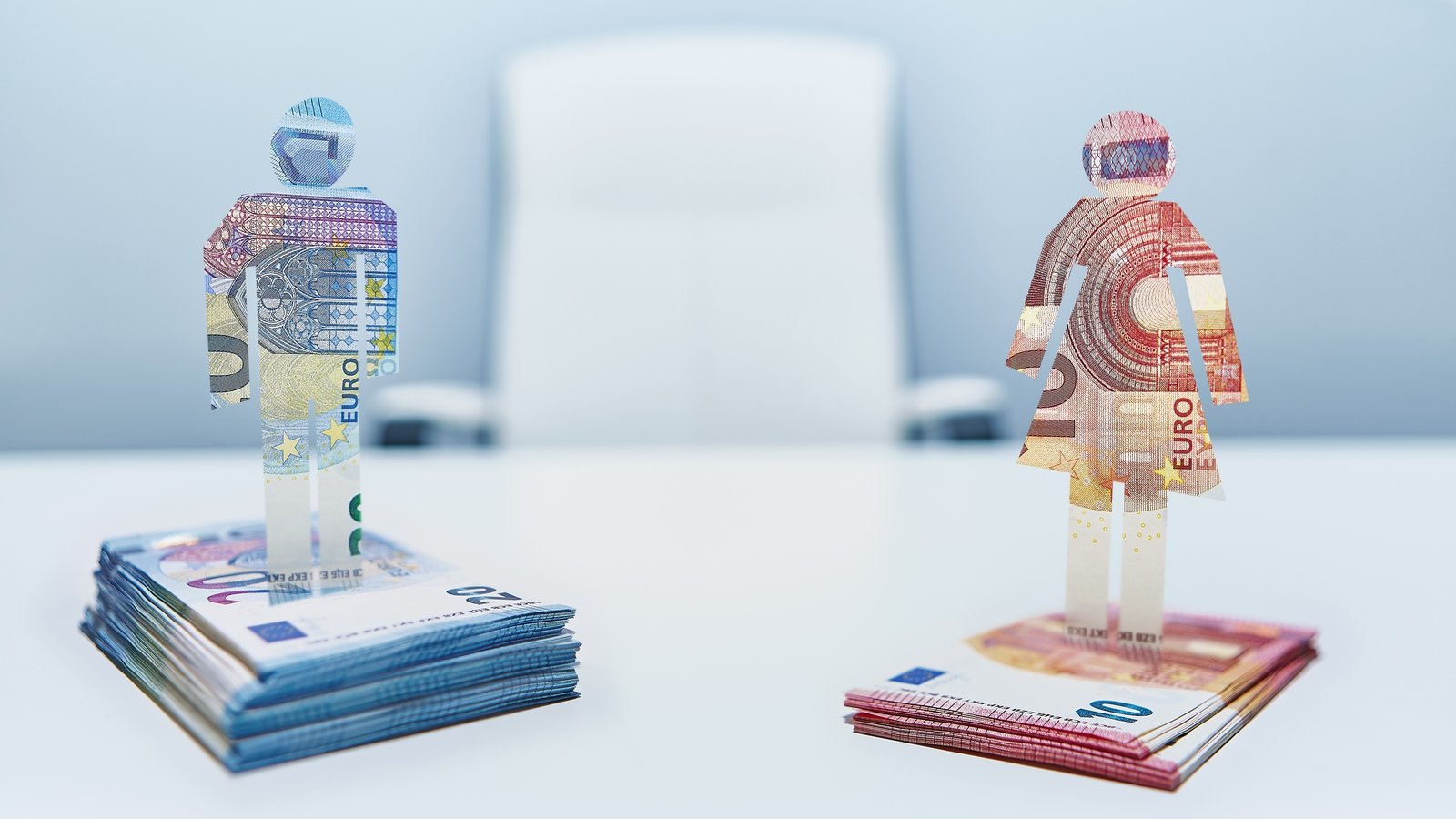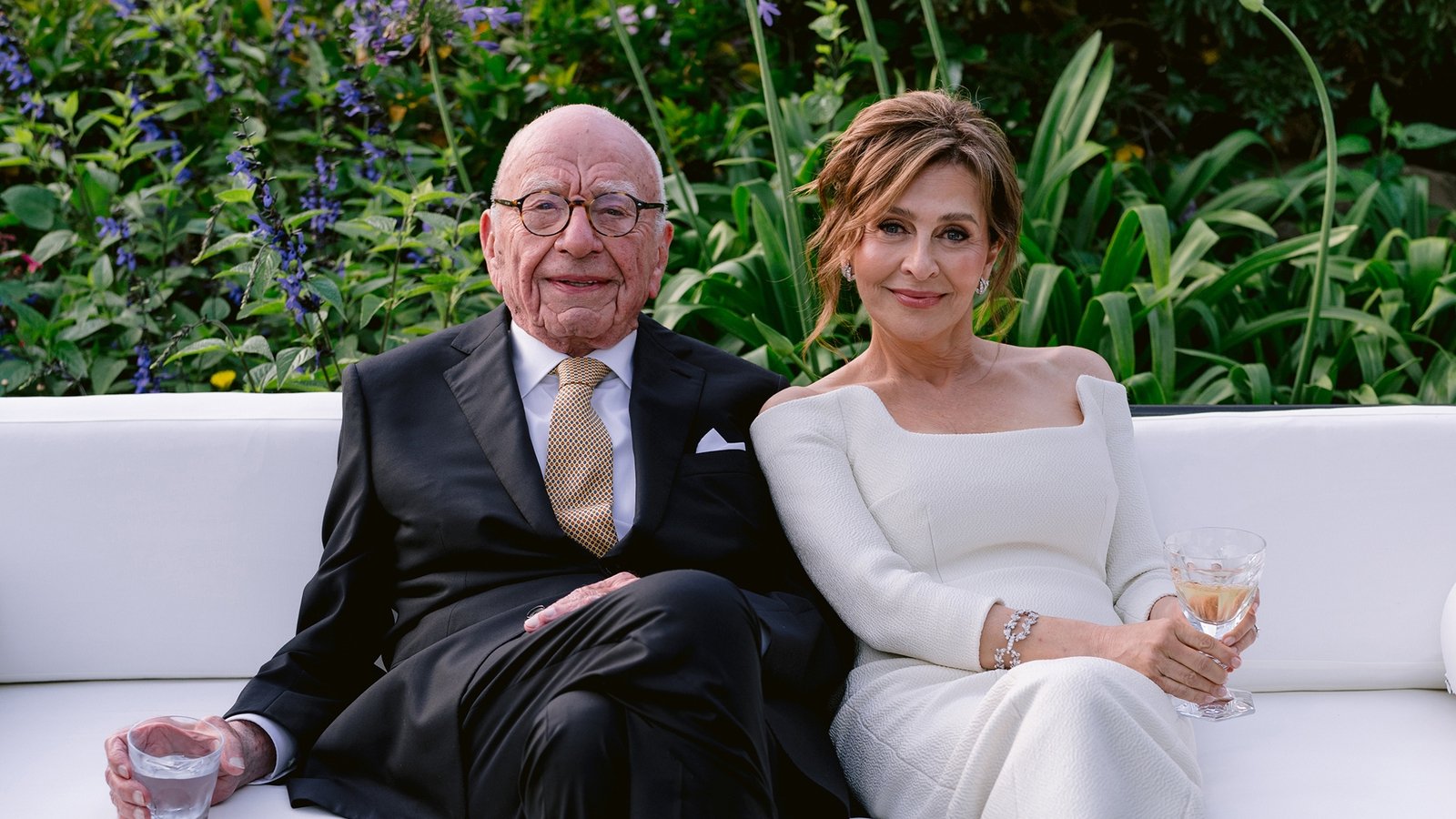Putin’s actions show Kremlin is preparing for long war

For the Kremlin, it was all meant to be so different.
The war in Ukraine initially envisioned by Vladimir Putin was to be completed in weeks, if not days.
But you do not retain power in Russia for more than 20 years without learning how to adapt to changing circumstances, and the last two years have shown the Russian president’s skill at utilising change for his own advantage.
As February 2022 moved into March 2022, Mr Putin’s chances of success in Ukraine appeared to wane.
With the Russian army pilloried and the Ukrainian fightback more successful than had been anticipated, it seemed that Mr Putin had miscalculated, and miscalculated badly.
A raft of Western sanctions apparently promised to torpedo the Russian economy, amid the hope that an economic implosion in Russia would persuade Mr Putin to revisit and reverse his decision to invade Ukraine.
But this week, as Western governments watched with trepidation the unfolding events in Kharkiv, Mr Putin looked less like a leader who had called it wrong and more like a leader who thinks he may just be able to wait this out.

Standing shoulder to shoulder with China’s President Xi Jinping in recent days, Mr Putin pledged a “new era” of shared objectives and, it would seem, shared enemies.
“The China-Russia relationship today is hard-earned, and the two sides need to cherish and nurture it,” Mr Xi told Mr Putin.
“China is willing to… jointly achieve the development and rejuvenation of our respective countries and work together to uphold fairness and justice in the world,” he said.
These words will have provided considerable comfort to Mr Putin as China has proven an invaluable ally over the last two years of war. Beijing’s support has been integral to helping Russia weather the economic storm of sanctions.
Russian economy ‘adapting’ to sanctions
Twenty-seven months on from the start of the war “…the shock of the full-scale invasion….and subsequent severing of trade and financial ties with the West is now largely in the rearview mirror,” according to Sergey Vakulenko, a non-resident scholar at the Carnegie Russia Eurasia Center.
Trade between Russia and China has risen steadily since the war began, bolstering the hit to the Russian economy from sanctions imposed by the West.
As Mr Vakulenko points out “the Russian economy has adapted, and key industries have found ways to get the goods and components they need from alternative suppliers or via more circuitous trade routes”.
Read the latest stories from the Ukraine war
While suggestions from Washington that it might target Chinese companies found to be effectively supporting the war in Ukraine may have caused Beijing to pause for some thought in its support of the Kremlin, China has nonetheless been a key ally in a longer-term strategy.
Kimberly Donovan, a former senior official with the US Treasury Department’s Financial Crimes Enforcement Network and a director of the Economic Statecraft Initiative within the Atlantic Council’s GeoEconomics Centre, said: “The two countries are trading in Chinese yuan and Russian rubles which allows them to circumvent Western sanctions because the transactions are taking place outside of the US dollar, euro, and other…G7 sanctions coalition currencies.”
Putin looks to further deepen Russia’s ties with China
And actions from Mr Putin in recent weeks, including the appointment of a new defence minister, all point to a Kremlin readying itself for a long war.
Last week’s visit to China by Mr Putin also indicated how he plans to further deepen ties between the nations as he outlined how Russia could deliver oil as well as gas to China along a planned route via Mongolia.
Mr Putin talked of the desire to move forward with the Power of Siberia 2, a multibillion euro pipeline which has been under discussion for some years now.
But the events of the last two-and-a-half years have precipitated the need for these links to develop faster, something this visit to China by Mr Putin only serves to underline.
Mr Putin’s comments that “nobody can get in the way of this, neither sanctions on tanker fleets or even sanctions on financial institutions. We will buy and sell everything in our national currencies” shows the determination to move forward with projects that can go some way to insulating Russia from the long-term sanctions that lie ahead, as the war grinds on with no sign of an end.





